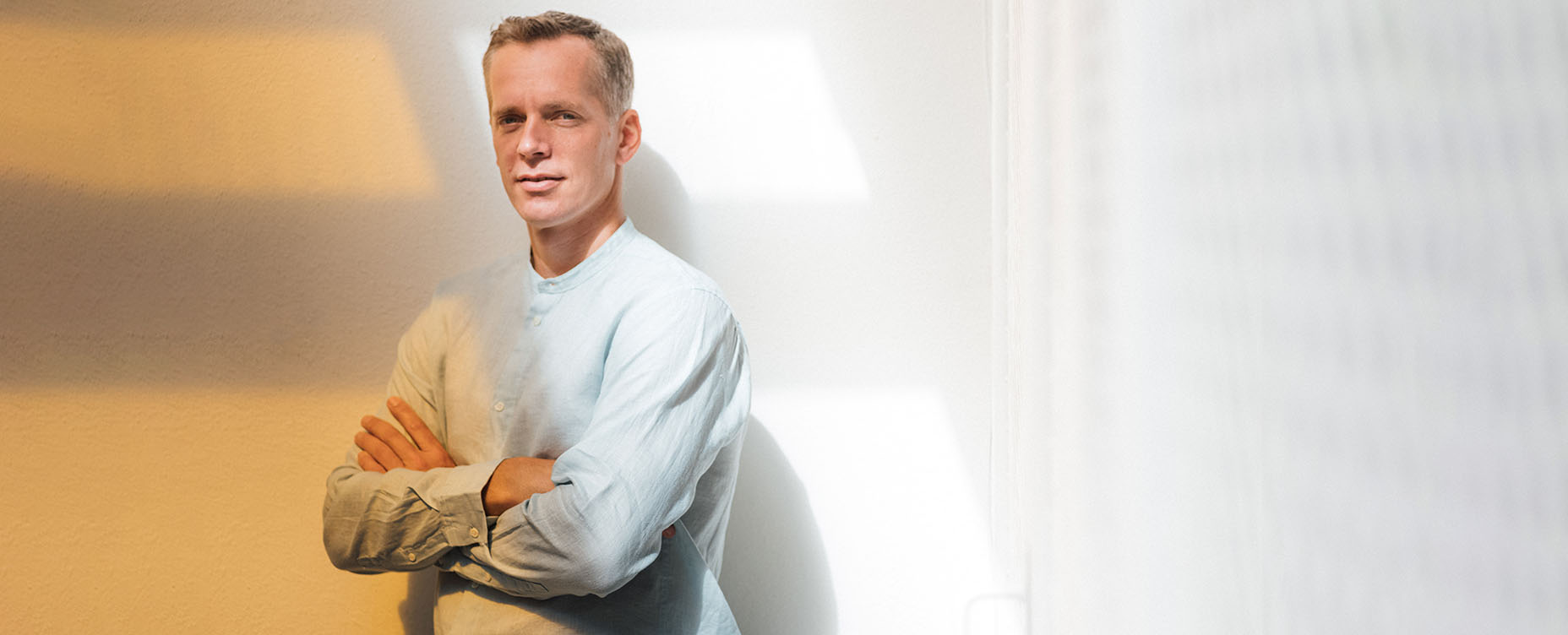Welcome to the Smart Home Founders series, where the founders of leading smart home companies get to tell their story. In this edition, we interviewed Martin Pansy, the founder and CEO of Nuki, Europe's leading manufacturer of smart locks and retrofittable smart access solutions.
Nuki specializes in producing smart locks designed to enhance your home or office security and convenience. Their products offer features such as remote control, keyless entry, and integration with smart home ecosystems for seamless access control.
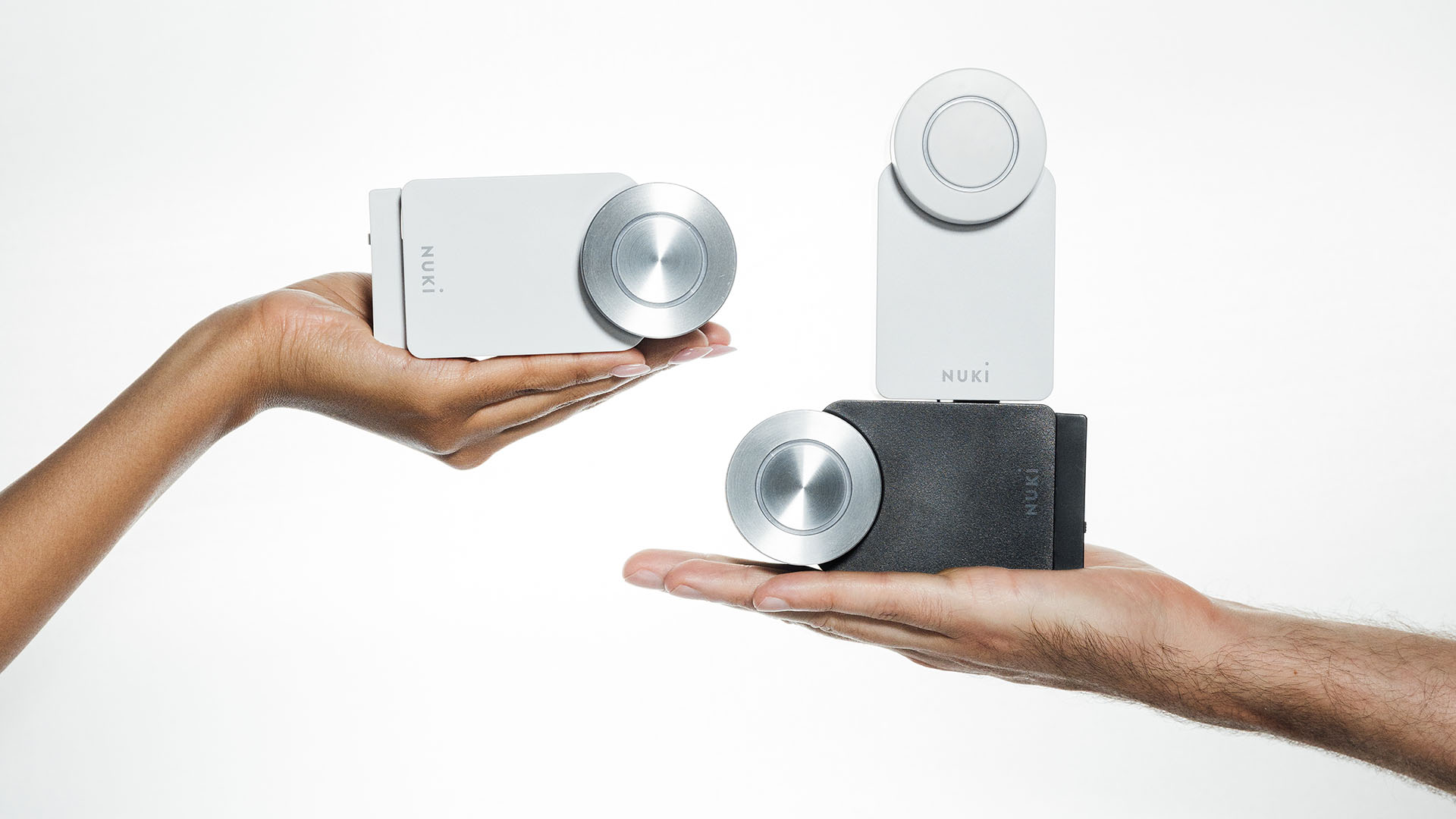
The company has broadened its product range by introducing fully integrated smart doors as part of their portfolio. With this innovation, homeowners can install these intelligent doors and utilize their smartphones as convenient access keys.
Hey Martin! Thanks for joining me today. Can you tell me something more about yourself and the origins of Nuki?
Hello Emile! My brother and I were software entrepreneurs even before starting the company. He was the founder of one of the largest social community sites that started in the 90s called sms.at. I joined this company in 2005 and in total we sold it and bought it back 3 times, making a profit each time.
In 2013, we were already thinking about starting a new project, but we weren’t sure which area we want to dive into. We already knew a lot about mobile and developing new products, positioning them and ultimately delivering them to the end user.
One day I had the idea of replacing our home keys, physical keys, with something more convenient. That’s how Nuki was born.
Between us, I'm the one with business and idea skills, while my brother is great at finding solutions and actually making them happen.
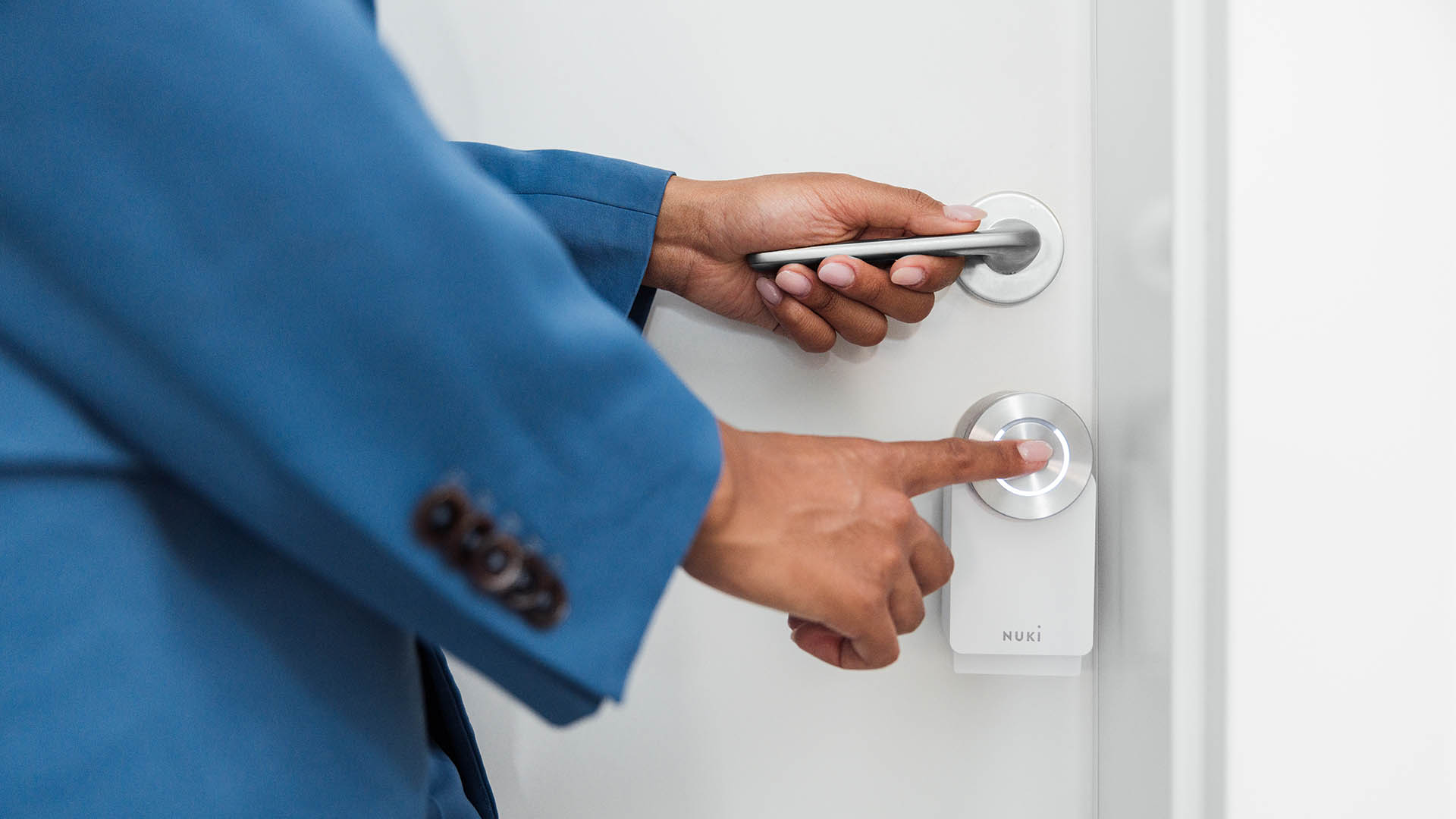
What was the state of the market when you started? Were there competitors, how did it look like?
There were a few startups in the US at the time, but not in Europe. Like us, they were aiming to turn mobile phones into keys. In Europe, we started to talk to incumbent players in the lock industry and present our idea.
They did not understand what we were talking about, which made us very confused. I remember thinking either they are completely wrong or we are. Either way, we chose to let the end consumer decide.
Eventually, we created prototypes and installed them on our doors at home. Both of our wives said: “What’s now going on? Why do we need this huge thing on our door? Seems crazy”. Well, we are just trying this new idea and we let them test it out for two weeks.
After two weeks, we removed the prototypes and took them to the office for a software upgrade. Both of our wives again reacted with: “Well, where is the new lock, it’s missing?” They’ve already gotten used to leaving the home with the lock automatically locking up behind them.
That’s when we recognized, okay, we are really onto something here.
In mid-2015 we launched on Kickstarter and did really well. We handled the marketing and PR campaign properly, which sort of put us on a wave. We are still riding that wave today, with Nuki growing 50% each year.
I have to say, a lot of it happened because of organic word-of-mouth referrals. We have very high customer satisfaction, so we get a lot of positive referrals. Our estimates suggests that an average Nuki user brings in 3 other people.
This trend is just the beginning, because only 2.5% of current locks in Europe are digital while 97.5% remain mechanical. That is our main long-term play, to be the number one smart lock brand not only today, but 10 years from now.
Can you tell me more about your Kickstarter campaign? What was your experience during the campaign? Was the traction good from day one? How was your communication during that time?
It was a permanent roller coaster, and I think anyone who did Kickstarter on a hardware project would agree. There was a big sales impact and we hit our target on day one.
At the time, we were still labelled as Noki, which turned out to be a problem since we got approached by Nokia for infringing their brand rights. This happened 3 days into the campaign, and it would have been a disaster changing the name during the Kickstarter.
Luckily, we reached an agreement with Nokia to change the name a bit later and that’s how Noki turned into Nuki. We were already kind of prepared for this, and looked at the whole thing as a big positive, being noticed by a company the size and scope of Nokia.
It took us a total of one year from the start of the Kickstarter campaign to actually shipping the first units, which was longer than what we initially announced. When you compare to other campaigns of the same type, I think we did really well to deliver on our promises.
I think we did so good because we managed to actively and transparently communicate with the community during the campaign, which remains a core quality of Nuki. A smart lock is pretty much a trust game.
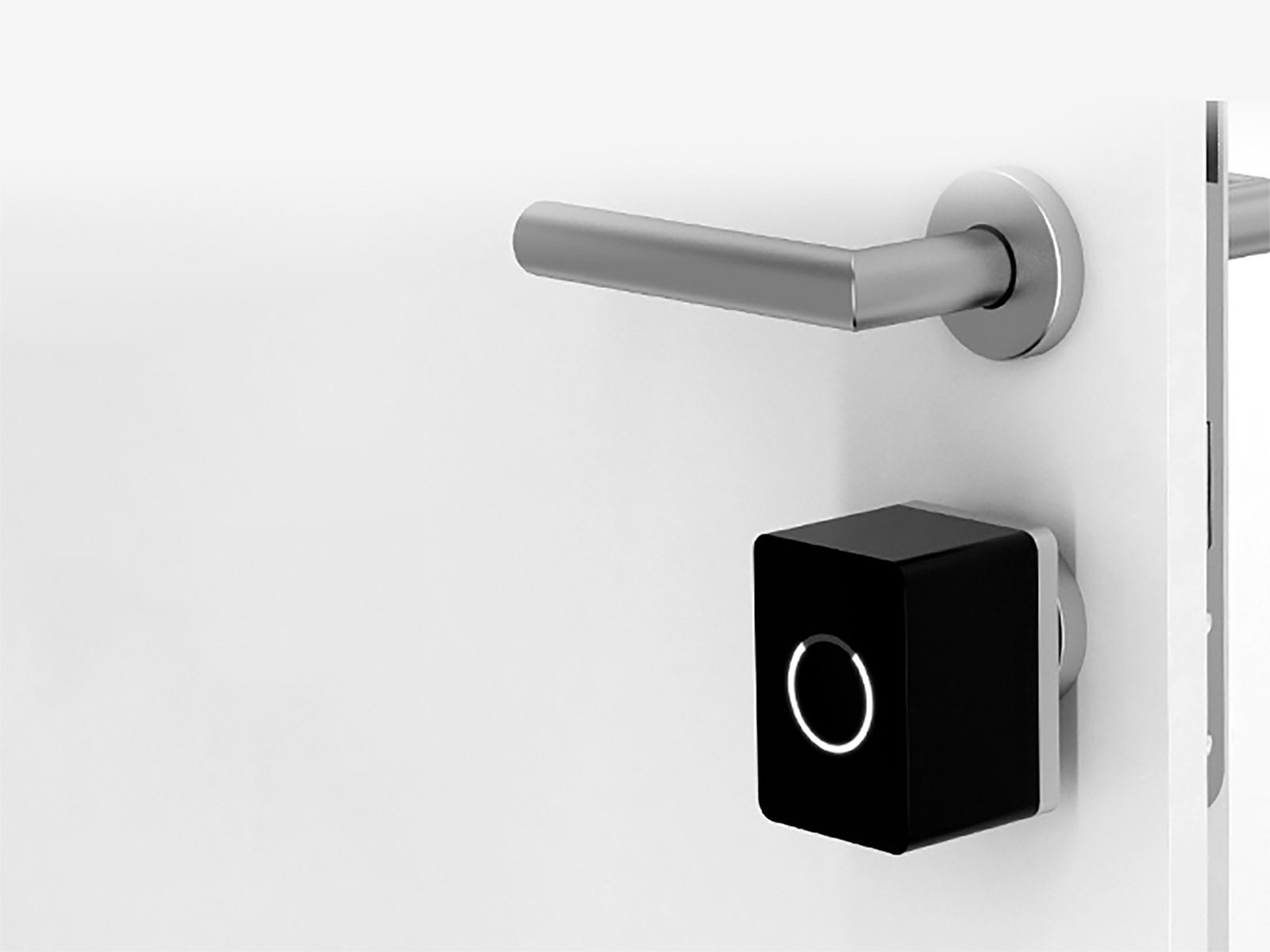
I think it’s really impressive that you managed to do this in one year, from Kickstarter to delivering the first units.
One thing I forgot to mention, is that the product concept you see on Kickstarter was not the first Smart Lock we actually launched. We knew a few weeks ahead of the Kickstarter campaign that we cannot industrialize the initial concept.
So, we had to go back to the drawing table and come up with a new product design. We did not want to delay the Kickstarter any further, so we did the campaign with the old concept knowing full well we need to make that switch one day.
I can see the first concept is more like a rectangular box shape basically.
Exactly, that was the first draft that we had in mind but it was impossible to live up to the quality parameters we were aiming for. When you think about the fact that we started developing the actual product a few days ahead of the Kickstarter, I believe we were really fast.
Scrolling the Kickstarter page, it’s fun to see the designs you had before and after. How did your customers react to the new designs?
We were very afraid of people rejecting the new design. But that wasn’t the case, and it was perfectly okay. You can also look up how we communicated the Noki, meaning No Key, to Nuki, meaning New Key change. We worked on this for over a week, resulting in an animation where the letter O turns into U. We liked this change even more, because it sent a clearer and more positive message.
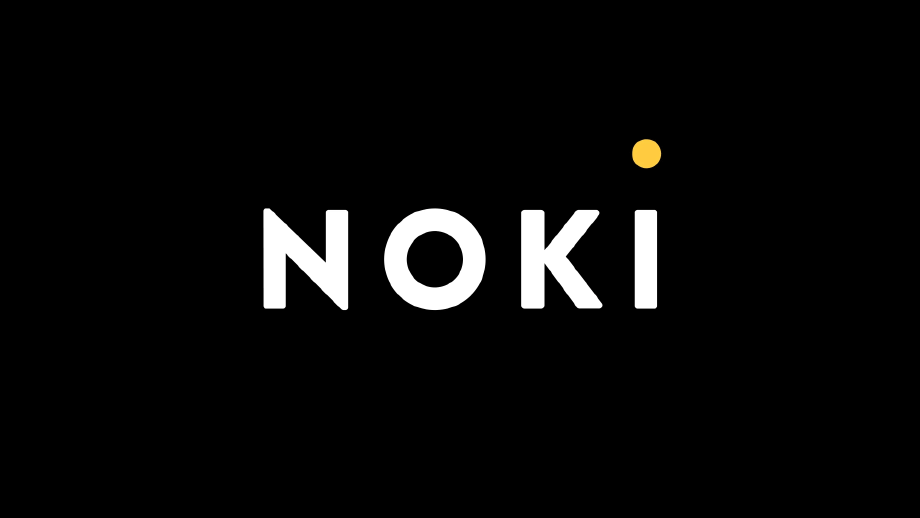
What did your team look like at that time?
I think we were like 5 to 10 people and we did a lot of it externally actually. The firmware and hardware development were done externally, with us focusing on the software and product concept.
We had one person in marketing and all of us handling customer care, quite efficiently I might add.
You said you outsourced the hardware. Was it to another company you worked with or was it China?
No, we never went to China. A lot of our components needed to be of good quality and we did not want to risk outsourcing manufacturing to China.
It might have been cheaper, but It would have took us 1 year longer. We needed to rush our proof of concept to market, because it’s way easier to raise capital once you position your product first.
I think this was the right decision, I know a few others who went the China route and never came back.
Where do you manufacture now?
At the moment, the smart locks are manufactured in Hungary and Romania, so we are still in Europe. We are 2.5 hours away by car from Graz, so we can visit daily if we need too.
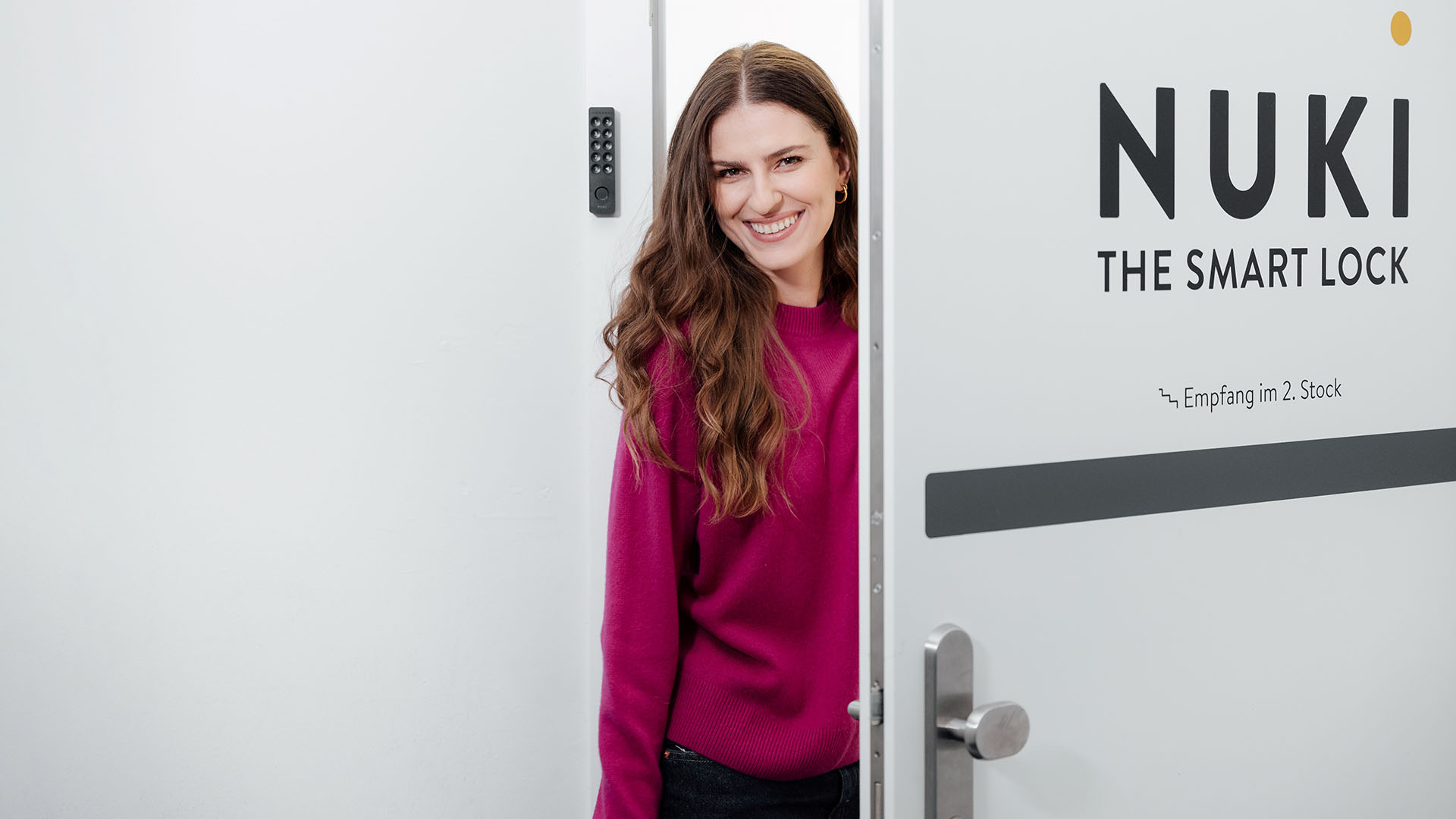
So, after Kickstarter you shipped your first units. And you sell retail, right?
We got quite a lot of positive feedback after we shipped our first units. Obviously, when you compare the product from back then and today there is a difference in quality but our customers were happy.
We shipped in 2016, started trading in December 2016 and since than we’ve had a constant supply of products. Our next goal was to reach more markets in Europe, since the Kickstarter was pretty much focused on Germany and Switzerland.
In 2019, we were already present on most European market, relying very much on viral and organic growth. We just needed to make sure we are available on the online market, having the web shop prepared, Amazon and then riding the wave.
What about retail stores? Since you were a “first player”, you must have had some explaining to do?
Yes, we had some explaining to do but we actually got really good support from retail companies because they also wanted to position themselves as innovative players. They wanted to have a product like Nuki in their portfolio, so we were one of the brands that were really attractive.
However, in 2021 we made a decision to be more cautious of offline retail since our main sales were always done online. We wanted to provide a sort of “window shopper” experience to potential buyers, to see, feel and examine our product in person.
This required the product to be displayed and positioned in good and prominent fashion, which was difficult to achieve with most retailers. It was not a cost thing, it was more of a space thing. They just did not have enough shelf space to display smart home stuff. Which ruins the whole window shopper experience.
We decided for a few select retailers instead, for example we are listed in most Apple stores across Europe which provides a better product experience than your average retail store.
Is there anything that went wrong during development? Any “horror stories” about software or something?
Actually, no I don’t think so. We were always quite certain what needs to be done on the software side of things and just did it.
Of course, there are always hardships for new product launches. We usually launch products once a year, usually in the fall, which is pretty fast-paced for a product of our type. There were cases where we delivered products that were not quite ready in terms of software, but we always pushed OTA updates to our locks to get them working as they should.
We are also the first to implement new technologies, for example a few months ago we introduced the first Matter-over-Thread smart lock to the world.
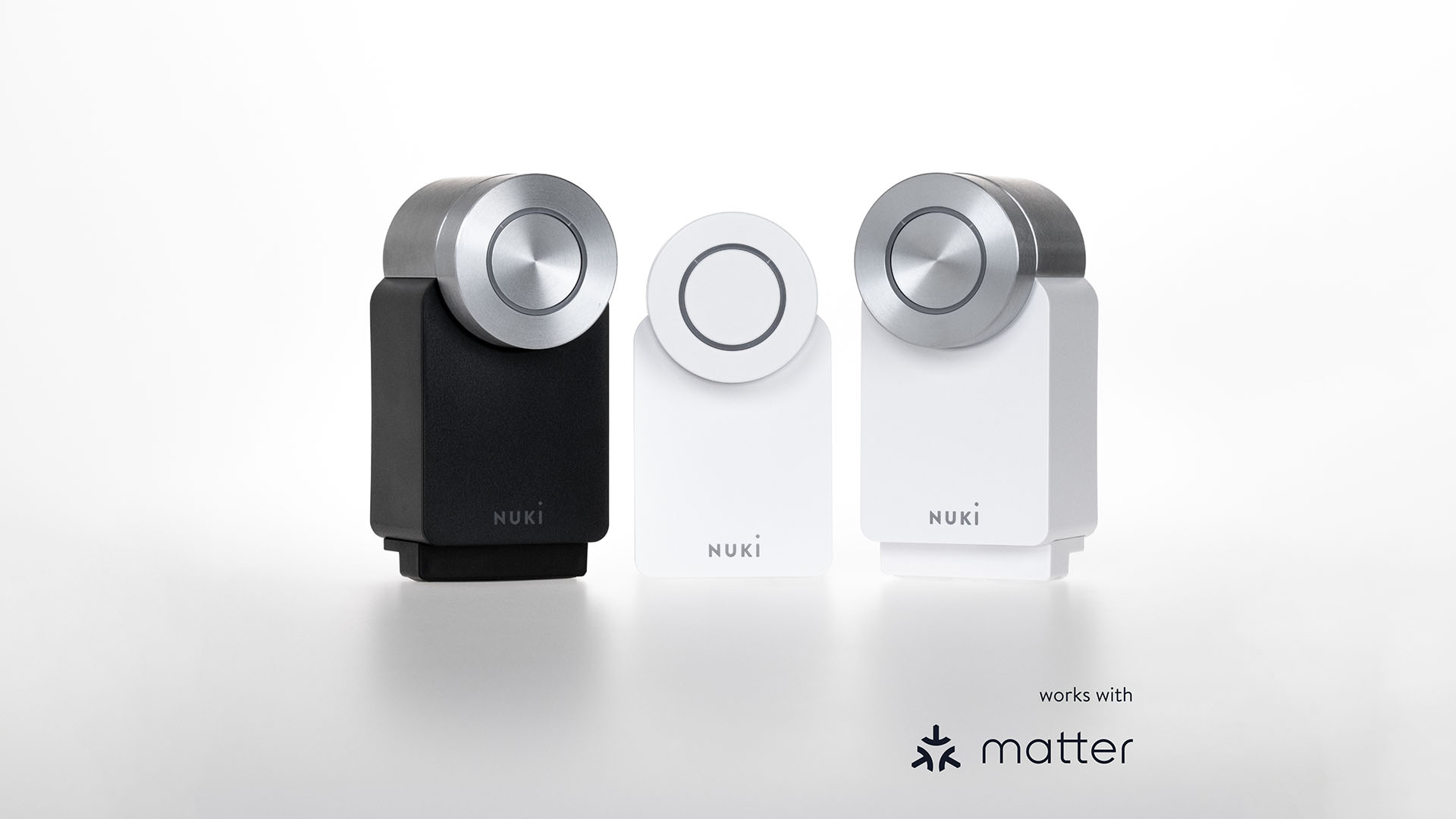
Are you actively developing using the Matter specification, or are you waiting for updates from them?Initially we were waiting, but then at one point we decided it’s a good chance for us to get in touch with leading industry players like Apple engineers, Google, Amazon and so on.
We are actually very active, even proposing a change to the Matter specification to include European door locks. This has been accepted by Apple and Google now, so if a topic arises about smart locks, they are approaching us for our views and professional opinion.
What is your personal view on Matter and how it affects your business?
At the moment, I am quite uncertain of how Matter will affect Nuki, because that will largely depend on the overall success of Matter.
Nuki strategy has always been focused on the end consumer, and user experience with our apps and our software. Matter is more beneficial for companies who are strong on hardware, but not on software, since they can more or less get the software from Apple, Google and so on.
This is where we have different views, we believe a single purpose app, like Nuki, will always do better than general purpose apps, like Apple home. At the same time, we want to give our customer the possibility to connect to their preferred smart home interface, via Matter.
Overall, I think the next 2 or 3 years are going to tell if Matter will be successful. I think there Is a very high risk of the protocol becoming too complicated, from a technical and from an organizational point of view. If that happens, it won’t be accepted by consumers.
I agree, things can get especially complicated for Smart Locks because you have many states, settings etc. What I’m more worried about is that innovation will stop, players that don’t have their own platforms or apps will become dependent on what Big Tech decides what their devices should do.
Yes, we’ve seen this first hand. The change we proposed for European locks to the Matter specification becomes visible to the end consumer only if big players include it in their apps, which is exactly the dependency you describing.
Obviously Nuki works really well with Homey. What’s your vision on Nuki integration with other smart home platforms, for example Homey, Google, Alexa?
Well, I’m quite bullish on a direct integration method for example, a smart doorbell and a smart lock like Nuki, because their use cases are related. On the other hand, it’s hard to justify a relation between a smart lock and a smart thermostat for example.
I believe in use cases that add value to the end consumer. If not, then just connecting devices together for the sake being connected to the same platform is unsustainable.
I believe there are a couple of use cases for Nuki with Homey. The one thing I keep seeing mentioned is that users can easily manage access in one app for their family, friends or guests.
I agree, that is where Homey adds the most differentiating value for this kind of home setup.
Do many of your customers have more than one Nuki lock on their doors? Or do they only install a single unit on the front door?
Although the average is not 2 locks per customer, it’s still significantly higher than 1. People usually install in on their front door, and just either use their old Nuki locks for their backdoor or garage door for example.
How many people are working at Nuki right now?
Right now, we have 150 people working at Nuki, with 40% being in R&D. Our concept is one office, located here in Graz, Austria and we currently have people from around 18 nationalities.
We are serving local markets, so we have native speakers talking Italian, French, Spanish which helps quite a lot.

What is in the future of Nuki? Do you have any plans and developments you would like to share?
At the moment, we are focused on converting some of those 97.5% remaining mechanical locks to smart digital locks. In the next 10 to 20 years, that’s our main mission and game plan.
What do you think your main competition is?
Today, it’s still the physical key. There are some startups and incumbent players trying to get a share of the market, but at this time they are very far from Nuki. Actually, I think it would be beneficial to have another large player trying to create the market. At this time, that task falls purely on Nuki.
Okay Martin, thank you so much for taking the time to join me today in our Smart Home Founders series. Is there anything else you want to add or mention for our story?
Thank you so much for having me!







